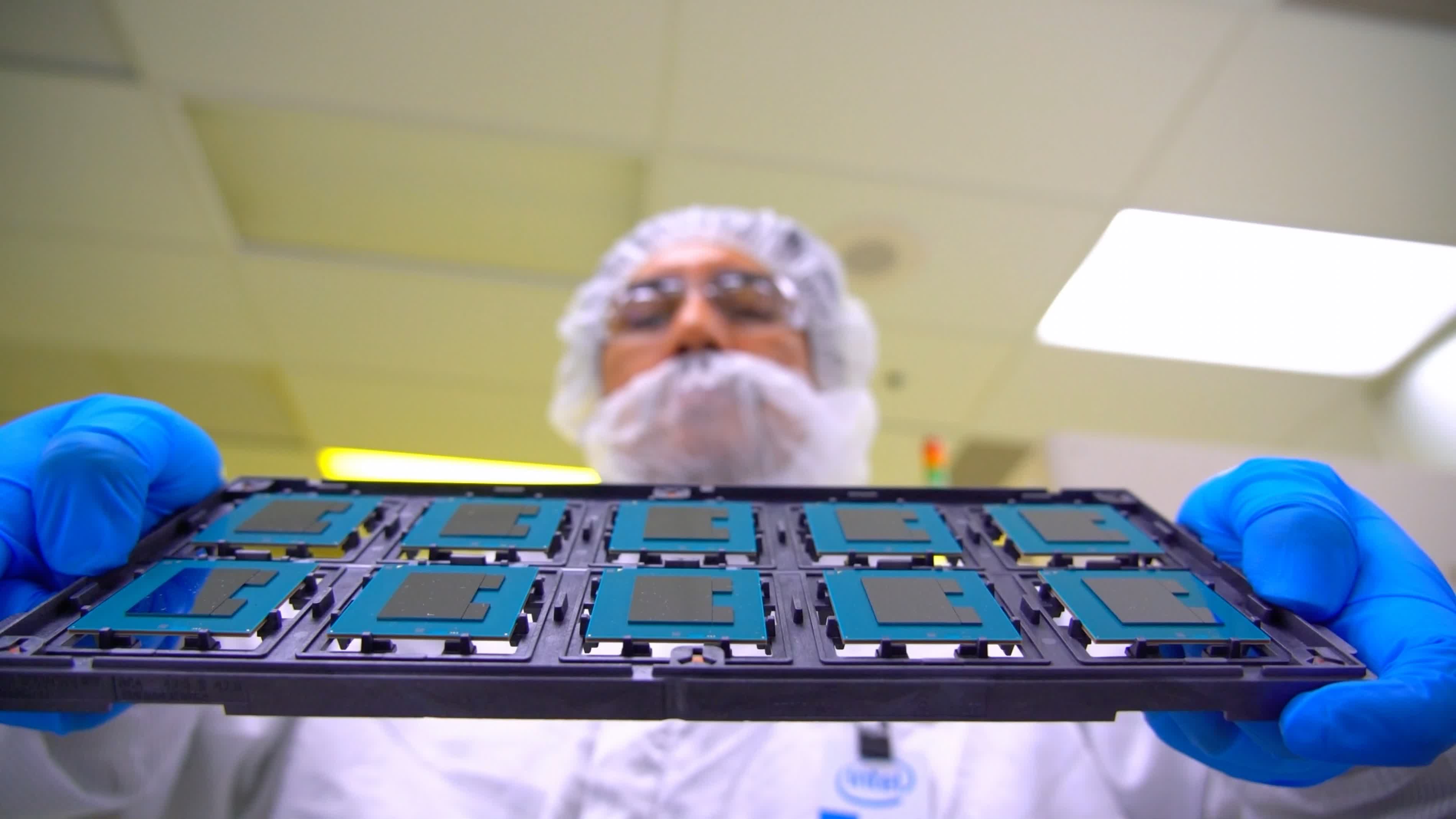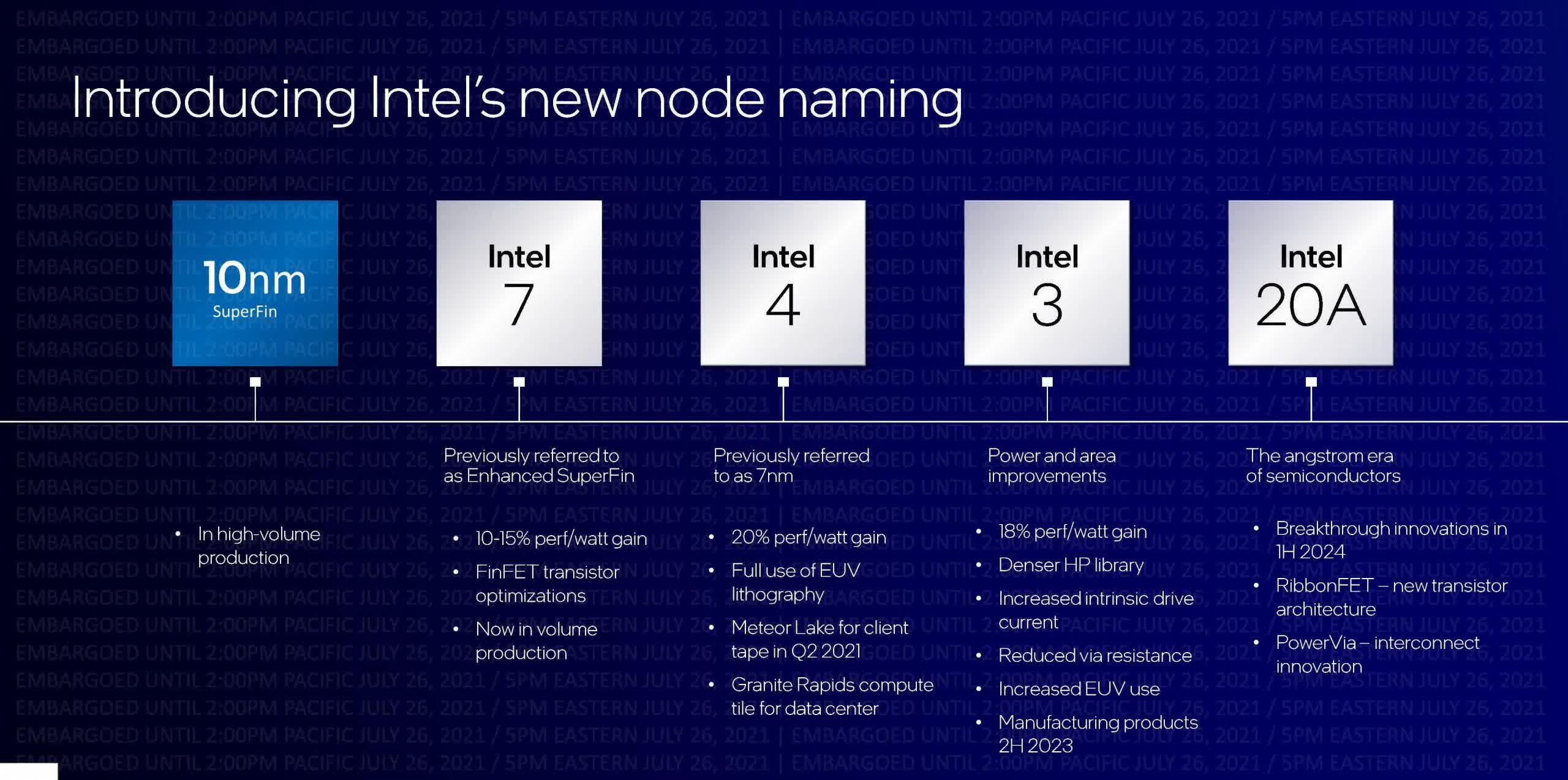What just happened? Intel started construction on two advanced chip plants in Arizona, which will help the company build more manufacturing capacity and a more resilient global supply chain. The move comes amid a race to expand chipmaking capabilities and is motivated by the company's ambition to retake the leadership position in process and packaging technology.

Earlier today, Intel broke ground on two chip plants in Arizona that are expected to become fully operational in 2024. The two manufacturing facilities are dubbed Fab 52 and Fab 62 and will be built near four existing fabs at the company's Ocotillo campus in Chandler, Arizona.
Intel CEO Pat Gelsinger met with government officials for a ceremony to celebrate what he says is the largest private investment in Arizona's history. The $20 billion project will expand the company's manufacturing capacity and house state-of-the-art EUV production lines to produce the world's most advanced chips.
Gelsinger believes this will help Intel reclaim its "unquestioned leadership in process and packaging technology" by 2025 and create thousands of new jobs. This includes 3,000 high-tech, high-paying jobs, 3,000 construction jobs, and 15,000 additional indirect jobs in the region.

The new chip plants are part of Intel's renewed IDM 2.0 strategy that will see the company's newly formed Intel Foundry Services (IFS) division take on contract manufacturing for other companies for the first time in company history.
At the same time, the company says it's doing its part in helping to rebuild US leadership in the semiconductor space and developing a more balanced global supply chain for advanced chips. To that end, IFS President Randhir Thakur called for the Biden administration to consider boosting funding for domestic semiconductor manufacturing beyond the $52 billion currently allocated in that direction.
Team Blue's new effort is off to a great start. Back in July, Intel Foundry Services revealed its first two high-profile customers—Qualcomm and Amazon. Last month, it also secured a contract with the Pentagon for the first phase of the Rapid Assured Microelectronics Prototypes - Commercial (RAMP-C) program to build systems with American-made chips.

When operational, the two new factories in Arizona will produce chips using Intel's 20A process, the first to use its "RibbonFET" version of Gate-All-Around (GAA) transistors and PowerVia interconnects. Gelsinger wouldn't say how much of the new capacity will be reserved for Intel Foundry Services customers, as it's too early to give an accurate estimate. However, he did say the two fabs will have a combined production capacity of "thousands" of wafers per week.
And this is just the beginning. Intel already spilled the beans earlier this year on plans to spend anywhere between $60 to $120 billion to build a new mega-fab in the US to be more competitive with TSMC and Samsung. Intel will also allocate $95 billion to build two chip plants in Europe. The company is currently in talks with several officials to secure subsidies from the EU's Recovery and Resilience Fund.
Gelsinger says the company will announce the locations of the new sites in the coming months.
https://www.techspot.com/news/91423-intel-breaks-ground-two-advanced-chip-fabs-arizona.html